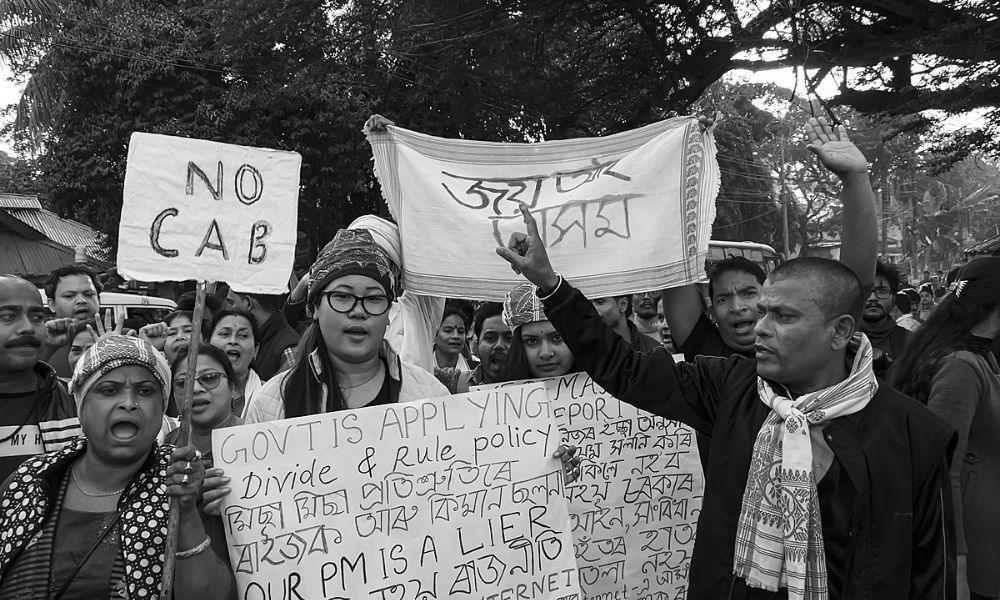Kriti Agrawal –
Although the Centre has yet to frame rules under the Citizenship Amendment Act (CAA) 2019, it issued a gazette notification granting authorities in 13 districts of Gujarat, Chhattisgarh, Rajasthan, Haryana, and Punjab powers under existing rules to accept, verify, and approve citizenship applications from members of minority communities from Pakistan, Afghanistan, and Bangladesh.
The notification specifies the communities that would be served as Hindus, Sikhs, Buddhists, Jains, Parsis, and Christians, and notes that applications must be made online.
The order was issued under the Citizenship Act, 1955, and the Citizenship Rules, 2009, rather than the Citizenship Amendment Act, 2019, because its rules have yet to be drafted, according to Ministry of Home Affairs sources.
A similar notice was issued in 2018 for other districts across many states.
The order stated, “The application is verified simultaneously at the district and state levels by the Collector or the Secretary, as the case may be, and the application and the reports thereon shall be made available to the Central Government via an internet portal.”
The notification reads, “On being satisfied with the suitability of the applicant, the Collector or the Secretary, as the case may be, grants him Indian citizenship by registration or naturalisation and issues a certificate of registration or naturalisation, as the case may be, duly printed from the online portal and signed by the Collector or the Secretary.”
In 2018, the government extended similar powers to Collectors and Home Secretaries with states including Chhattisgarh, Madhya Pradesh, Gujarat, Rajasthan, Uttar Pradesh, and Delhi in relation to specific districts.
In December 2019, the Parliament revised the Citizenship Act to offer citizenship to illegal immigrants from Pakistan, Bangladesh, and Afghanistan who are members of Hindu, Jain, Sikh, Parsi, Christian, or Buddhist communities but not Muslims.
The act was passed despite heavy opposition from the opposition, which labelled it discriminatory, and sparked enormous nationwide protests.

